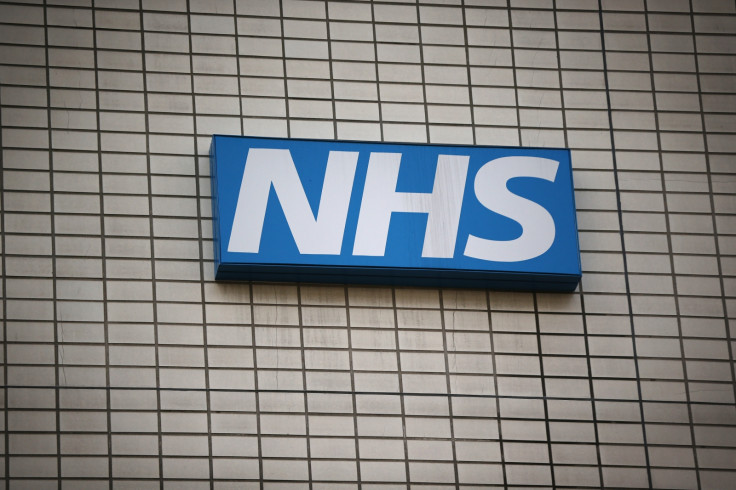£70m 'wasted' by NHS to prescribe paracetamol warns TaxPayers' Alliance
"The money for these items doesn't grow on trees," John O'Connell tells IBTimes UK.

The NHS is facing criticism after it was revealed that more than £70m ($90.8m) was spent on prescribing paracetamol to patients in England in the 2016/17 financial year.
The figure came to light after Labour MP Grahame Morris tabled a question on the issue to the Health Secretary Jeremy Hunt in the House of Commons.
Conservative MP Steve Brine, Hunt's parliamentary-under secretary, said that more than 21.7 million prescriptions were written for the painkiller by GPs at a cost of just over £70m, down from 22.6 million prescriptions in 2015/16 at a cost of £84m.
"Just like all areas of the public sector the NHS should be cutting out wasteful spending where it can and offering value for money," John O'Connell, Chief Executive of the TaxPayers' Alliance, told IBTimes UK.
"So how they can justify spending so much cash on items that can easily be bought at a pharmacy or a supermarket for a fraction of the cost? The money for these items doesn't grow on trees - it comes out of taxpayers' pockets, and they expect it to be spent properly."
NHS England chief executive Simon Stevens announced new prescription guidelines to clinical commissioning groups (CCGs) in March. The rules mean that GPs will no longer be able to prescribe some easily available over-the-counter medicine to patients, including cough medicine, gluten-free food, and omega-3 oils.
"We've got to tackle some of the waste which is still in the system," he told The Daily Mail. "The NHS is a very efficient health service but like every country's health service there is inefficiency and waste.
"There's £114m being spent on medicine for upset tummies, haemorrhoids, travel sickness, indigestion, [and] and that's before you get to the £22m-plus on gluten-free that you can also now get at Morrisons, Lidl or Tescos.
"Part of what we are trying to do is make sure that we make enough headroom to spend money on innovative new drugs by not wasting it on these kind of items," said Stevens.
Professor Helen Stokes-Lampard, Chair of the Royal College of GPs, has warned that Stevens' reform risks "alienating the most vulnerable" in England.
"Prescription costs are a significant expense for the health service, and so if we can take sensible measures to reduce these costs then we should," she said.
"Many medications are available very cheaply - and other products are much more readily obtainable than when they first became available on prescription, and both GPs and the public should be mindful of this.
"If patients are in a position that they can afford to buy over the counter medicines and products, then we would encourage them to do so without a prescription - but this isn't the case for everyone.
"Prescribing is a core skill in general practice and family doctors will always prescribe in the best interests of the patient in front of us, taking into account the combination of physical, psychological and social factors affecting their health.
"Imposing blanket policies on GPs, that don't take into account demographic differences across the country, or allowing flexibility for a patient's individual circumstances, risks alienating the most vulnerable in society - and we will be seeking assurances from NHS England that this won't be the case."
NHS England had not responded to requests for comment at the time of publication.
© Copyright IBTimes 2025. All rights reserved.






















